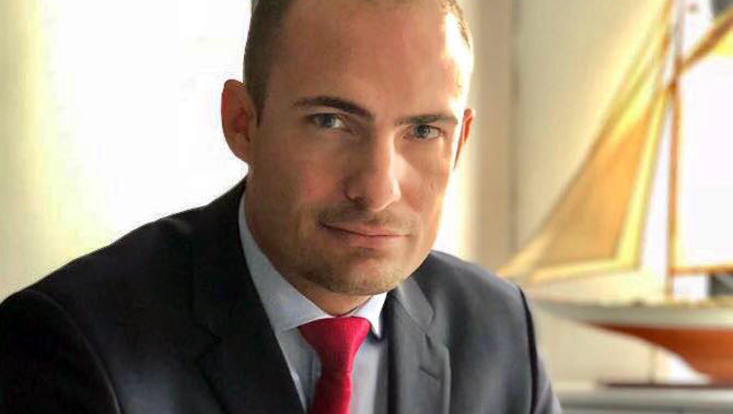Alumnus Vlatko Kregar: “When Croatia joined the EU, I was ahead in knowledge”
5 January 2018, by Internetredaktion

Photo: Kregar
China-EU School of Law alumnus Vlatko Kregar established a law firm in Zagreb in early 2018: the Kregar Law Office. Previously, the graduate from the “European and International Law“ programme was an equity partner at Šunić & Partners law firm in the Croatian capital. He is a specialist on EU law and construction law.
What exactly is your current job about?
As a lawyer, I mostly work for private contracting partners from Croatia, Spain, France, Germany and other countries who carry out big infrastructure projects in Croatia. They build motorways, bridges, gas pipes, waste management centers, waste water treatment plants. After a total of 10 years as an associate, attorney and equity partner in a law firm, I’m starting my own practice now, but I still plan to offer my experiences to companies and other clients that are doing construction business in Croatia. The most fascinating aspect about the field of EU law, construction law and corporate management is the interplay between the public and the private sector because EU funding and private financing often follow different rules.
How did the China-EU School of Law prepare you for your tasks?
In 2011, when I obtained my master’s degree in European and International Law and returned to Zagreb to practice law – even though I also had offers to do internships at law firms in Shanghai – Croatia was not a member of the European Union yet. In fact, the Croatian private sector was quite unprepared for this step. No one here had cared much about EU law. Thus, when Croatia joined the EU in 2013, Croatian attorneys had little experience in this field. With my LL.M. degree from the China-EU School of Law, however, I had a basic knowledge on EU law, and, therefore, benefitted from this early start to EU -related legal practice in Croatia. If you want to draft a contract on an infrastructure project governed by European regulations, you certainly need to have some insights into these regulations. In the recent years, the situation in Croatia has of course changed. New law firms specializing in EU funding are mushrooming.
What do you consider special about the China-EU School of Law?
I did not speak Chinese and had never been to Asia before my plane landed for the very first time in Beijing in 2010. I found myself suddenly in a completely different world. This was very challenging. However, the seven European law students in the Master’s programme that year quickly became a very close group – and even if it sounds a bit sugary, I have to say that is a bond that can never be broken. We still meet once a year in one European country, sharing private and legal experiences. Last summer we had a reunion in Croatia and the year before in Spain. Besides the legal knowledge I gained from the very well structured courses and the excellent professors at the China-EU School of Law including the life-changing insights I got from the exchange with young Chinese students, that little group of friends from all parts of Europe is the most valuable thing I took back with me from China.
